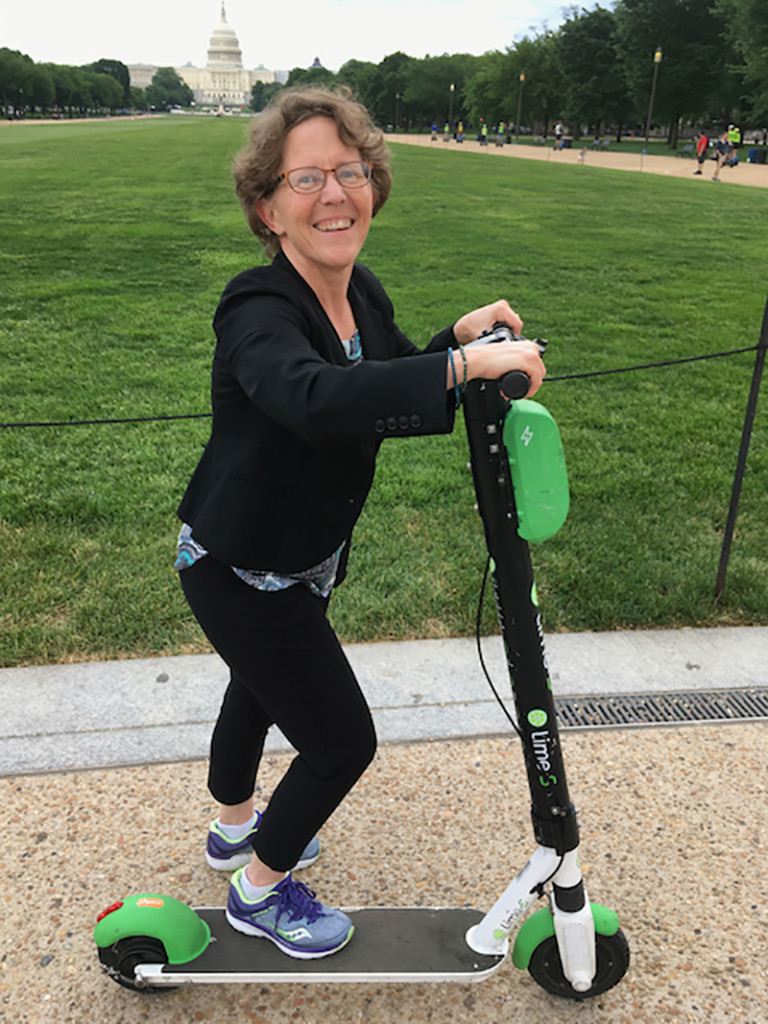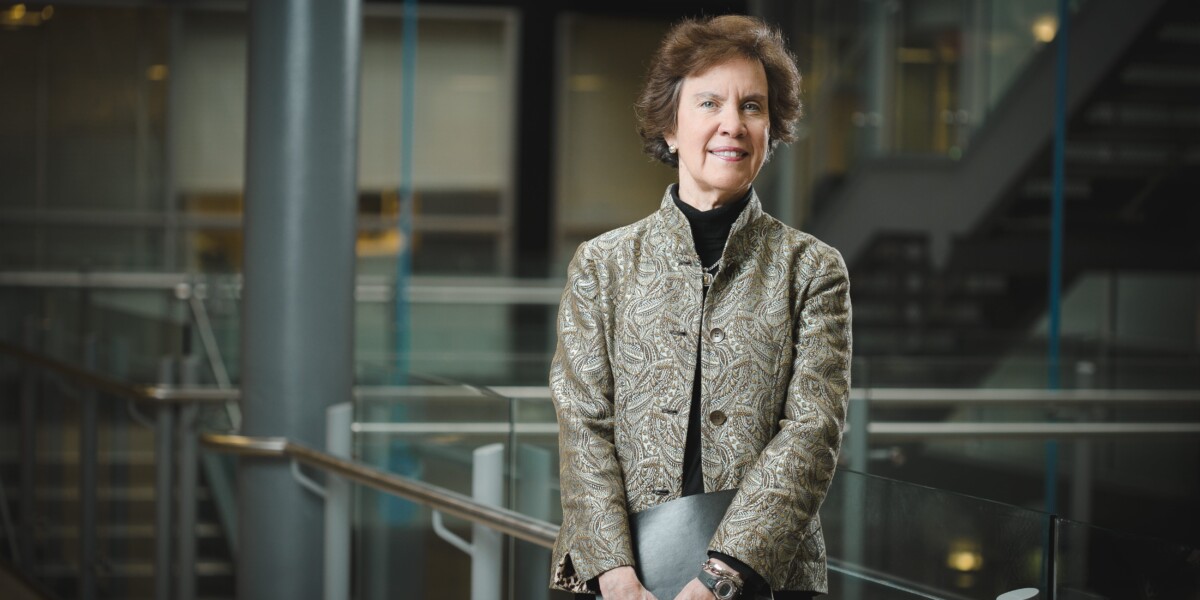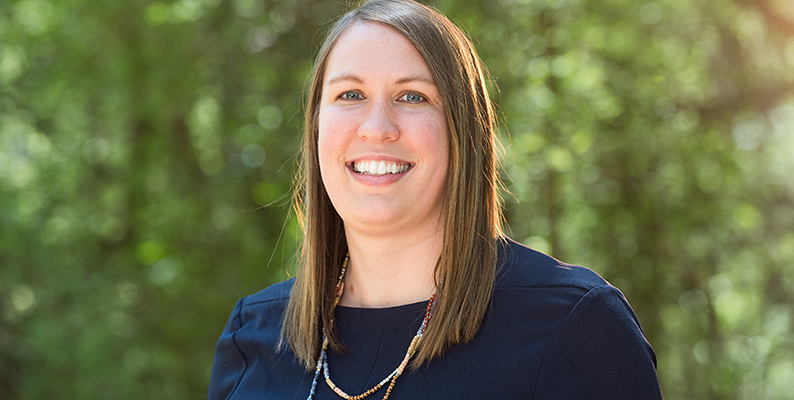Changing careers can be a daunting task. It can be even more daunting when changing careers later in life.
“I’m in the age group of people that can be perceived as not having up-to-date skills,” Katherine Long, of Richmond, Vermont said as she described why continuing education is essential to her.

Long is bucking the stereotype. She holds a master’s in public administration and most recently worked for 15 years in Senator Patrick Leahy’s office as a casework manager. It was a job she knew would end when Leahy retired in 2022, and his office closed. In 2021, she began to think about how she could gain an edge when searching for a new job. But she wasn’t sure how she’d make it work.
“I’m putting two kids through college right now, so prioritizing my own professional development hasn’t really been in the budget,” Long said.
That’s when she learned she could take free courses through a UVM Professional and Continuing Education program called Upskill Vermont, which provides free access to credit courses and non-credit certificate programs to eligible Vermonters.
“For my demographic, particularly women who may be changing jobs, returning to the workforce, exploring new opportunities because their kids are in college, or whose caregiving needs have changed, I think having an incentive and financial assistance to explore some new professional interests is really helpful,” Long said.
Upskill Vermont provides free courses to Vermonters who are unemployed or underemployed, seeking to transition to a new job that offers better opportunities economically, and to students who have incomes at or below 300 percent of the federal poverty level by household size.
Long took three courses at no charge from UVM between 2021 and 2022 in anticipation of becoming unemployed and beginning a job search. Through these courses, she gained valuable skills in data visualization, leadership, and project management.
Upskill Vermont removed financial and mental barriers, giving her the freedom to explore new interests.
“Having the scholarship available is a very low-risk way to incorporate some skill development,” Long said.
Why Re-Skilling Is Important for Mid-Career Switchers
Re-skilling is important for mid-career switchers because it demonstrates their ability to adapt quickly and acquire new skills. It also allows them to learn new technologies and techniques that may not have been available during their original career.
For example, Long says she now feels confident manipulating data using the most current software thanks to the course in data visualization.
“We used data wrapper to do our presentations, so I can go on LinkedIn Learning and do a tutorial on data wrapper if I need to refresh on that; it also gave me some principles of presentations that I might use,” Long said.
Additionally, re-skilling can help mid-career switchers identify areas where they may need additional training or education before entering the job market again.
“Even to just look at the array of things being offered and what skills and areas of work are getting some attention right now; that was helpful too,” Long said.
Finally, re-skilling provides employers with evidence of an individual’s commitment to staying current with industry trends and technologies. Long says the course in project management gave her new tools to organize her work. The leadership course helped her reshape her definition of a leader.
“To challenge myself to take on a leadership role wherever I might be, regardless of what my actual job title is,” Long shared of her key takeaway from the course.
Long incorporated all three of her recent courses into her resume and is applying for roles in program management and public affairs at the federal level and with nonprofits serving the international community. She’s currently consulting as a Senior Fellow with POPVOX Foundation while she looks for a permanent role.
“It was interesting to take all those classes and get some different insights into myself as a professional, and be able to think about and talk about those as I interview for other positions and think about where my strengths might be,” Long said.
Her advice to others in her position who qualify for Upskill Vermont? “I would encourage someone considering it to explore interests outside your comfort zone a little bit. When you’ve won the lottery, you might as well do something outside of what you’re used to.”
Plus, many non-credit certificates and credit courses through Upskill Vermont are designed specifically for mid-career switchers.
“The professors and the teachers of the classes were sensitive to the fact that they were working with a very diverse population of students with different backgrounds. They were accommodating in terms of the project design and teaching to those different levels. When you’re taking a noncredit class, you can get what you want out of it. You can tailor that experience to yourself,” Long said.




